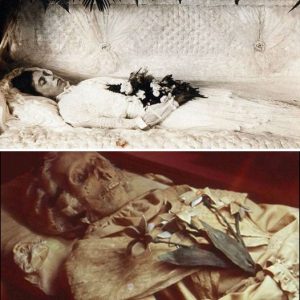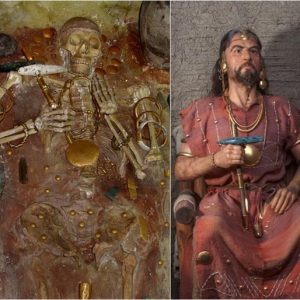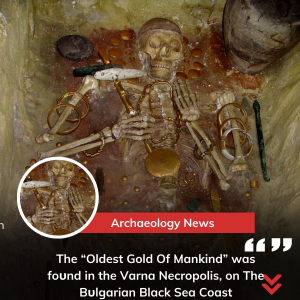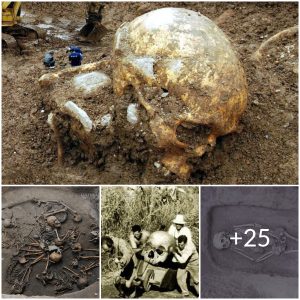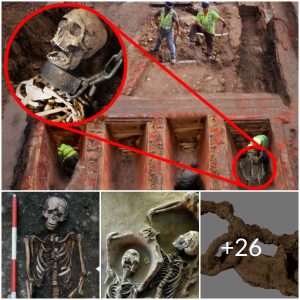Remarkable treasures have been discovered in the tomb, including a Second Dynasty child burial, a well-preserved alabaster vessel from the 18th Dynasty, and terracotta statues depicting Isis and Harpocrates.
Archaeologists have made a groundbreaking discovery in the necropolis of Saqqara, situated approximately 20 miles south of Cairo, as they unveil an ancient Egyptian tomb carved into rock over 4000 years ago.
The remarkable find, recently confirmed by Egypt’s Ministry of Tourism and Antiquities, has been brought to light by a collaborative effort between Egyptian and Japanese archaeologists.
The tomb, dating back between 2649 and 2150 BC and featuring multiple graves and artefacts that span different historical periods, “provides invaluable insights into the history of this region,” said Nozomu Kawai, the head of the Japanese team.
What was discovered in the tomb?
The international team unearthed a myriad of treasures during their mission, including burials, architectural elements, and an array of fascinating artefacts.
Notably, they discovered the remains of a human buried alongside a vividly coloured mask, as well as a burial site for a small child dating back to the Second Dynasty (2890 – 2686 BC).
Inside the tomb, a coffin from the 18th Dynasty (1550-1295 BC) revealed a remarkably preserved alabaster vessel.
Additionally, two terracotta statues portraying the ancient Egyptian goddess Isis, initially associated with funerary practices, and the child deity Harpocrates, known as the god of silence and secrets during the Ptolemaic periods, were uncovered.
Further findings included a stela, a carved stone slab, bearing an inscription identifying it as belonging to a man named “Heroides”, various amulets and ostraca (pieces of broken pottery).
A wealth of recent discoveries
Saqqara is a vast necropolis of the Egyptian capital Memphis. It’s a UNESCO World Heritage site and is home to more than a dozen pyramids, including the famous Giza Pyramids, as well as smaller pyramids at Abu Sir, Dahshur, and Abu Ruwaysh.
Egyptian authorities have announced a wealth of archaeological discoveries at important sites across the country in recent years.
Last January, the results of a year-long excavation at Saqqara were presented – findings included two ancient tombs from the fifth and sixth dynasties of the Old Kingdom (around 2500-2100 BC) and a well-preserved sarcophagus.
Around the same time, dozens of burial sites from the New Kingdom era, dating back to 1800-1600 BC, were found near the southern city of Luxor, along with the ruins of an ancient Roman city.
